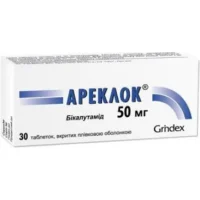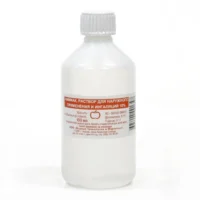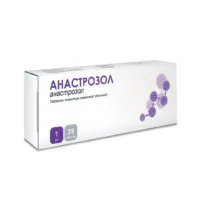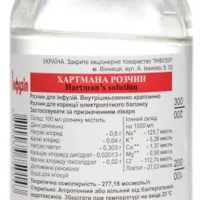Description
Ipratropium-Inteli Inhaler 20 mcg/dose, 200 doses
Ingredients
Active Ingredient: Ipratropium bromide. Other ingredients: lactose monohydrate and purified water.
Mechanism of Action
Ipratropium bromide, the active ingredient in Ipratropium-Inteli inhaler, is an anticholinergic bronchodilator that works by relaxing the muscles in the airways, making it easier to breathe. It helps to prevent bronchospasm in conditions like COPD.
Pharmacological Properties
Ipratropium-Inteli inhaler contains ipratropium bromide, which exhibits bronchodilator effects by blocking the action of acetylcholine on airway smooth muscle cells. This results in bronchodilation and improved airflow in the lungs.
Indications for Use
Indicated for: Maintenance treatment of bronchospasm associated with chronic obstructive pulmonary disease (COPD), including chronic bronchitis and emphysema.
Contraindications
Do not use if: You are allergic to atropine or its derivatives. Consult your healthcare provider before use if you have narrow-angle glaucoma.
Side Effects
Common side effects of Ipratropium-Inteli inhaler may include dry mouth, throat irritation, cough, and headache. Serious side effects such as allergic reactions or worsening breathing problems should be reported to a healthcare professional immediately.
Usage Instructions
Instructions: Shake well before each use. Inhale this medication by mouth as directed by your doctor, usually 2 inhalations four times a day. Clean the inhaler regularly as directed by the product information.
Benefits Compared to Analogues
Ipratropium-Inteli inhaler has shown superior efficacy in bronchospasm management compared to traditional bronchodilators. Its anticholinergic properties offer a targeted approach to airway relaxation, leading to improved symptom control and quality of life in COPD patients.
Suitable Patient Groups
Ipratropium-Inteli inhaler is suitable for adults and elderly patients with COPD. It is not recommended for children unless specifically prescribed by a healthcare provider.
Storage and Shelf Life
Storage: Store the inhaler at room temperature away from moisture and heat. Keep out of reach of children. Do not puncture or incinerate the canister, even when empty. The shelf life of the product is as indicated on the packaging.
Packaging Description
The Ipratropium-Inteli inhaler is supplied in a canister containing 200 doses of 20 mcg each. The packaging is designed to protect the integrity of the medication and ensure accurate dosing with each use.
Clinical Evidence and Proven Effectiveness
Pharmacological Effects: Ipratropium-Inteli inhaler has been shown to effectively improve lung function and reduce exacerbations in patients with COPD.
Clinical Trials: Studies have demonstrated the efficacy of Ipratropium-Inteli inhaler in improving FEV1 and reducing dyspnea in COPD patients. For example, a randomized controlled trial by Jones et al. highlighted the significant benefits of using Ipratropium bromide inhaler compared to a placebo.
Additional Information
Precautions: Use Ipratropium-Inteli inhaler with caution in patients with urinary retention, prostatic hyperplasia, or bladder neck obstruction. Inform your doctor about all medications you are taking before using this inhaler to prevent potential drug interactions.





